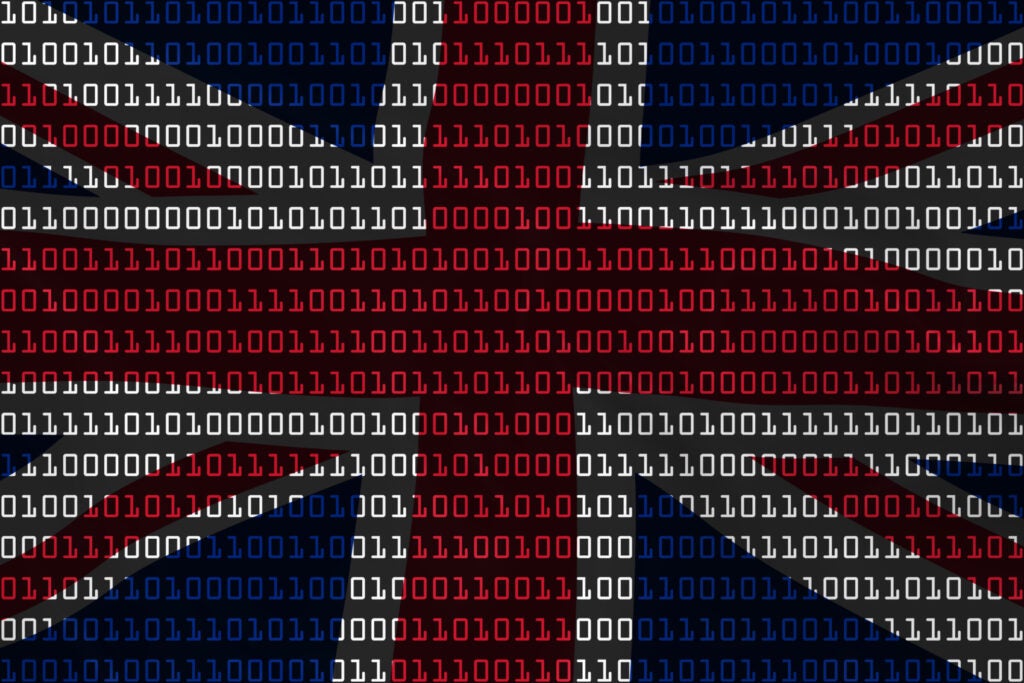Apple Withdraws from UK Cloud Encryption Over Controversial Backdoor Demands
In an unexpected turn of events, Apple has made the momentous decision to withdraw from the UK cloud encryption market. This bold move arises from ongoing tensions between technology companies and government authorities regarding the controversial demand for backdoor access to encrypted data. As concerns about privacy and security grow, this decision highlights the complex interplay between tech giants and state interests, raising significant questions about the future of digital privacy and data protection.
The Backdrop of Apple’s Decision
Apple has long positioned itself as a champion of user privacy, often emphasizing its commitment to safeguarding personal data. The company’s encryption protocols are designed to ensure that only users have access to their data, a principle that has garnered it a loyal customer base. However, the UK government’s insistence on backdoor access—essentially a way for authorities to bypass encryption—has placed Apple in a challenging dilemma.
The demand for backdoors in encryption systems is not new. Governments around the world have argued that such measures are necessary for national security and law enforcement purposes. Yet, tech companies and privacy advocates warn that introducing backdoors compromises the security of all users, making systems vulnerable to hacking and abuse.
Implications of Apple’s Withdrawal
Apple’s exit from the UK cloud encryption market carries profound implications for various stakeholders:
- Users: For individuals and businesses relying on Apple’s cloud services, this withdrawal could disrupt their operations and compromise their data security. Users may need to seek alternative providers, which can introduce additional risks if those services do not prioritize encryption and privacy.
- Government: The UK’s ability to access encrypted data for law enforcement purposes may be hindered. This could lead to a broader debate about the efficacy and ethical implications of surveillance and data access.
- Other Tech Companies: Apple’s stance may embolden other tech companies to take a similar approach, further complicating the relationship between the tech sector and government authorities.
The Privacy vs. Security Debate
The crux of the issue lies in the longstanding debate between privacy and security. On one hand, advocates for surveillance argue that backdoor access is essential for preventing terrorism and crime. On the other hand, privacy advocates contend that such measures undermine the very fabric of digital security. Here are some points to consider:
- Risk of Exploitation: Backdoors can be exploited not only by government agencies but also by malicious actors. If a government possesses a backdoor, it can potentially be hacked or misused.
- Trust Erosion: Users may lose trust in services that comply with backdoor demands. A loss of trust can lead to a decline in user engagement and retention.
- Innovation Stifling: The push for backdoor access may deter innovation in encryption technologies, as companies may hesitate to invest in security measures that could be compromised.
Apple’s Long-Term Vision
Apple’s decision reflects a strategic alignment with its long-term vision of prioritizing user privacy. By stepping away from the UK market rather than compromising its encryption standards, Apple reinforces its brand identity as a protector of user data. This move is likely to resonate with customers who value privacy, potentially attracting new users who prioritize data security in their digital lives.
Global Reactions and Future Prospects
The global reaction to Apple’s withdrawal has been mixed. Privacy advocates have praised the decision, viewing it as a strong stance against government overreach. Conversely, some officials in the UK have expressed frustration, arguing that the decision undermines efforts to enhance national security.
The potential ripple effects are noteworthy:
- International Implications: As other countries observe the situation, there may be increased pressure on tech companies to comply with local laws regarding data access.
- Market Dynamics: This withdrawal may create opportunities for competitors who are willing to engage with government demands, leading to a more fragmented market.
- Legislative Changes: The UK government may need to reassess its approach to encryption laws, potentially leading to new regulations that balance privacy and security more effectively.
The Path Forward for Users and Tech Companies
For users, the key takeaway from Apple’s decision is the importance of understanding the privacy policies of cloud service providers. As the landscape shifts, users should look for companies that prioritize strong encryption and transparent data practices. Here are some steps users can take:
- Educate Yourself: Stay informed about the privacy policies and encryption standards of your cloud service providers.
- Consider Alternatives: Explore other services that align with your privacy needs. Look for companies that do not comply with government backdoor demands.
- Advocate for Privacy Rights: Support initiatives and organizations that advocate for digital privacy and data protection.
Conclusion
Apple’s withdrawal from the UK cloud encryption market over controversial backdoor demands signifies a critical moment in the ongoing struggle between privacy and government oversight. This decision serves as a clarion call for users and tech companies alike to prioritize digital rights and security in an increasingly complex landscape. As the debate continues, it will be essential for all stakeholders to engage in dialogue that respects both privacy and security needs, fostering a future where technology serves the best interests of society as a whole.
See more Future Tech Daily

